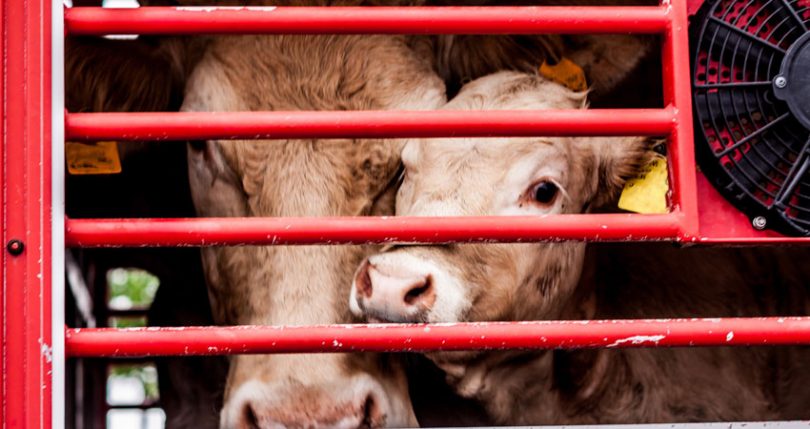On Tuesday the South Korean government announced plans to track beef through the supply chain. The aim is to provide consumers with data about the source of the food.
By December there’s a plan to launch a pilot program in cattle farms and slaughterhouses in North Jeolla Province. The project is a joint endeavor by the Ministry of Agriculture, Food and Rural Affairs and the Ministry of Science and ICT. The platform will go live in January 2019 and depending on the pilot’s progress, might be extended to include tracking pigs.
The traceability will include cattle rearing, slaughtering, meat packing, and sale. The aim is to use IoT devices which will be attached to the cows so that data is automatically stored on the blockchain using Bluetooth. Hence no human intervention is needed.
The current system involves paper certificates, which going forward will be stored on the blockchain. This will help to prevent forgery. At the moment the destination of sales is provided by farmers to authorities which takes roughly five days. But now that will take a matter of minutes.
Other food traceability projects
In June the UK’s Food Standards Agency completed a similar blockchain pilot at a cattle slaughterhouse. In Wyoming, there’s a venture called BeefChain which is also using IoT tags for tracking. They’re helped by technology company TE-FOOD which is also working on a Vietnamese pig traceability project which went live three months ago. And Dairy Farmers of America has started to explore blockchain.
There are numerous other food traceability projects around the world for rice, grains and other foodstuffs. The highest profile is IBM’s Food Trust which includes Walmart, Nestle, Unilever, and Carrefour. Both Oxfam in Cambodia and Alibaba have started rice traceability projects.






